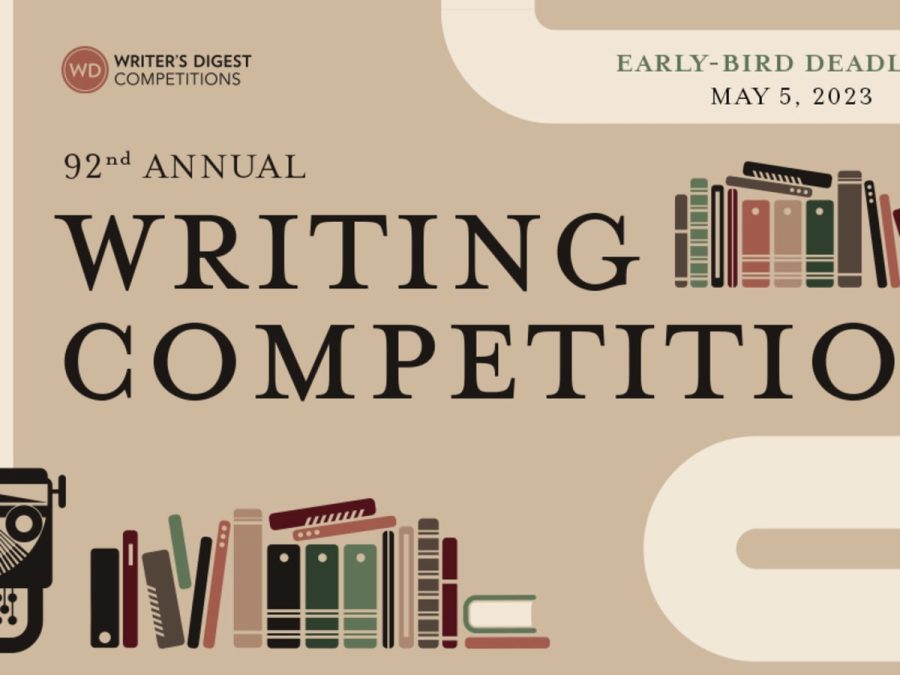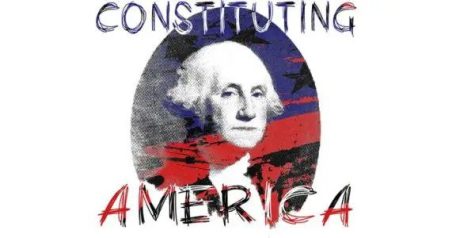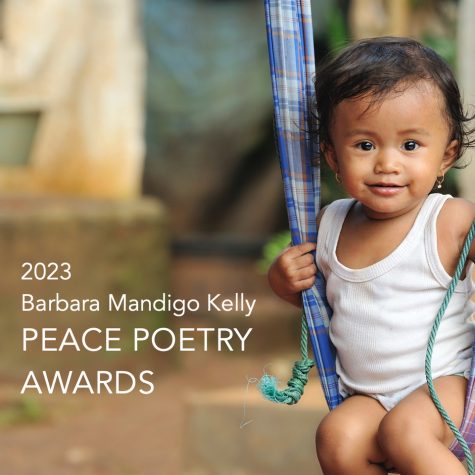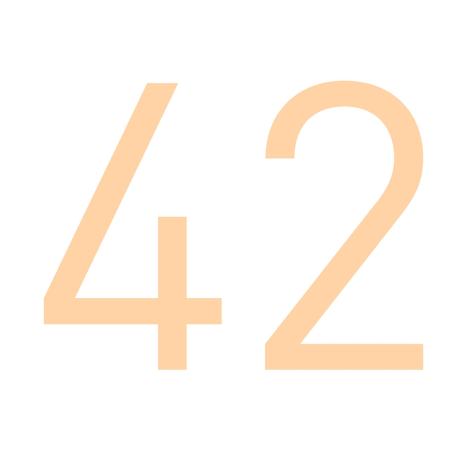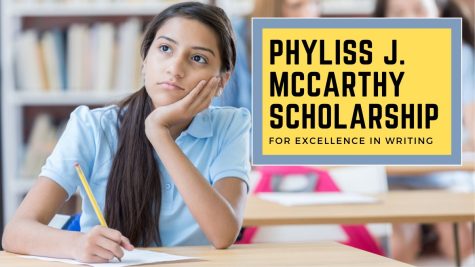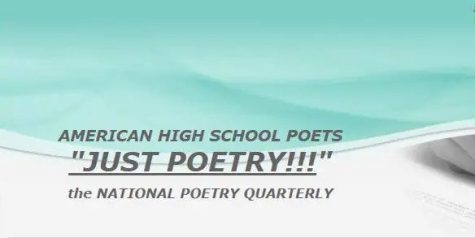A contest over 90 years in the making
Deadline: May 5; Award: Up to $5,000
Writer’s Digest (WD) has been shining a spotlight on up-and-coming writers in all genres through its Annual Writing Competition for over 90 years. Enter our 92nd Annual Writing Competition for your chance to win and have your work be seen by editors and agents! Almost 500 winners will be chosen.
ENTERING IS EASY!
Category Selection: Select the category that best represents your entry. If the judges feel that another category is more appropriate, we will switch the category for you, on your behalf.
- Genre Fiction: Stories that fit into a specific classification such as mystery, romance, science fiction, horror or fantasy.
- Mainstream/Literary Fiction: Serious, non-formulaic fiction that does not fit into a genre. For the sake of separating them entirely from genre fiction, are combined into their own category. Literary fiction is generally more concerned with style and characterization, and may be paced more slowly than commercial fiction. It usually centers on a timeless, complex theme. Mainstream fiction is usually faster paced, with a stronger plot line (and more events and/or higher stakes). Characterization may not be as central to the story and the theme may be more obvious than literary fiction. The category of both of these two indicates that the story would generally appeal to a larger audience and isn’t confined by the rules and structure you might see in a typical genre.
- Memoirs/Personal Essay: This is an article that is distinguished by and draws its power from its personal viewpoint. In such pieces, the author examines an issue, event, experience, place or idea and offers an opinion or some other reaction to it. The goal of an essay may be to explain, justify or persuade. The last is most often the goal of newspaper op-ed essays. Examples of other types of essays may be found in such magazine columns as Redbook‘s “A Young Mother’s Story” or Writer’s Digest‘s “Chronicle”.
- Nonfiction Essay or Article: This is an article in which the writer has researched a topic and explains the topic to readers. It can also profile an individual, a place or a topic. Often there is a “service” angle—a clear benefit that readers can take away from the article. There are many types of articles: how-to articles, personality profiles, Q&A’s, informational pieces, travel articles, magazine features, web articles, news articles. They may include events drawn from the author’s personal experience, but the focus of the article is on providing readers with information.
Inspirational: An article, essay or story with an explicitly religious, spiritual or otherwise inspirational focus. An article that’s suitable for Guideposts or St. Anthony Messenger, for example, would be inspirational. An essay on how the power of Christ, (or Buddha,
- or Allah or Vashti) touched your life would be inspirational. A story about the power of religion, the power of prayer, or the power of the universe would be inspirational.
- Rhyming Poetry: When the last word of some or all lines rhyme with each other. Ask yourself: What is the rhyme scheme of my poem? If you don’t understand what that question means, your poem is probably non-rhyming. Most formal poetry is considered rhyming poetry (such as sonnets or ballads).
- Non-rhyming poetry: When there is no recognizable or purposeful rhyme scheme or structure. Free verse falls under this category.
- Children’s/Young Adult Fiction: Fiction written for the children, adolescents, and young adults.
- Humor: This is an article/essay (or less commonly, a short story) that tells a humorous story which most likely happened to the author, however embellished it may be. While it may offer a similar insight on a topic as the memoir/personal essay category, it distinguishes itself by its tone and focus on humor. Think: essays by David Sedaris, Sloane Crosley, or Nora Ephron.
For information about entry fees, formatting and more, go to https://www.writersdigest.com/writers-digest-competitions/annual-writing-competition.
